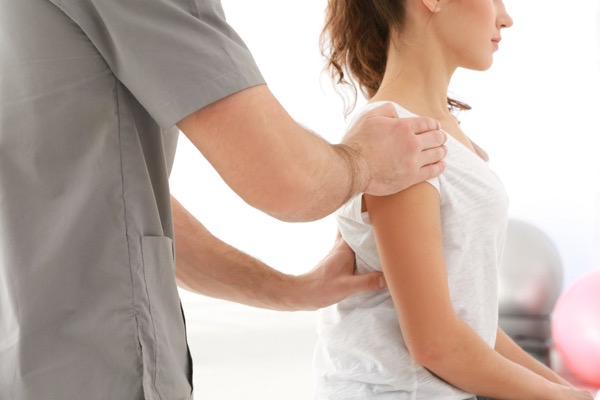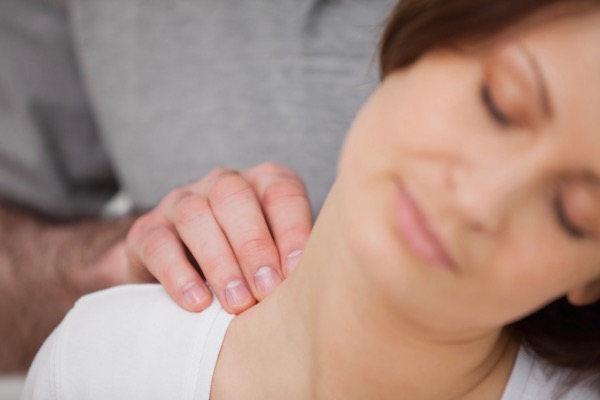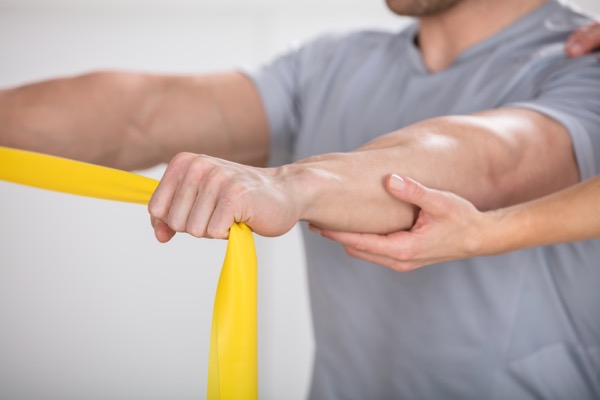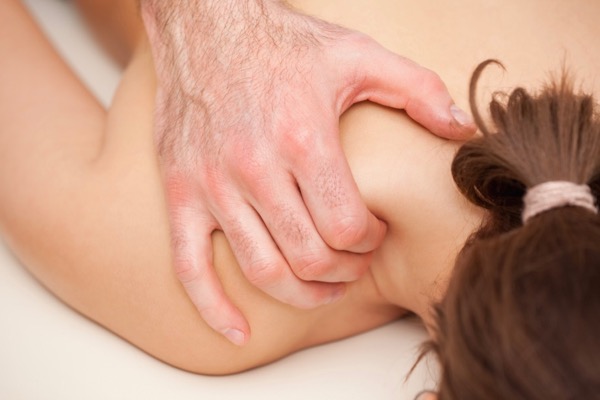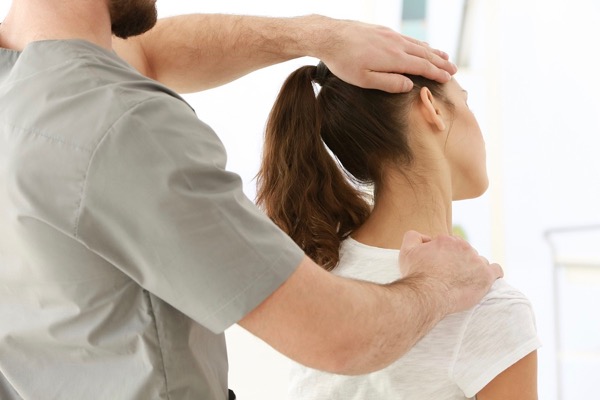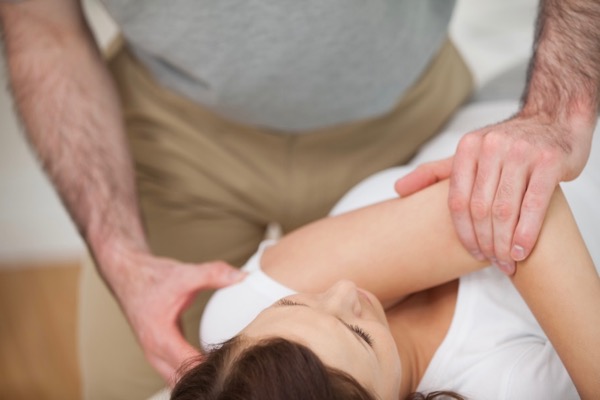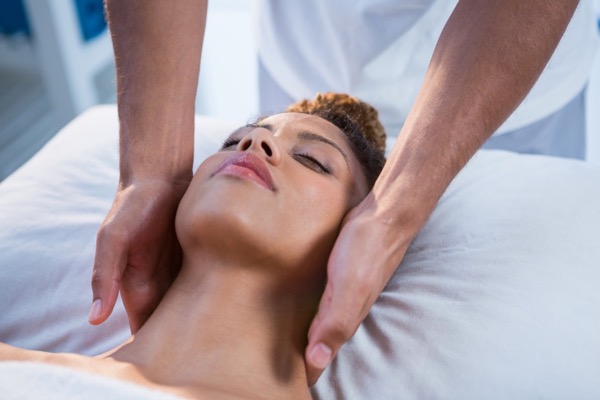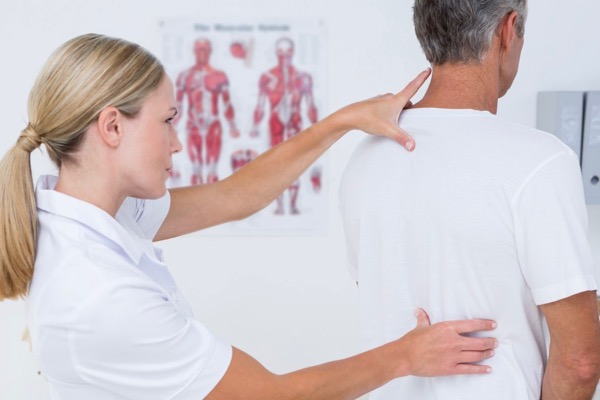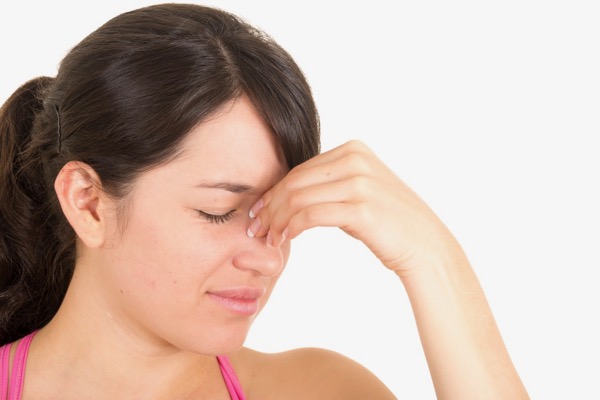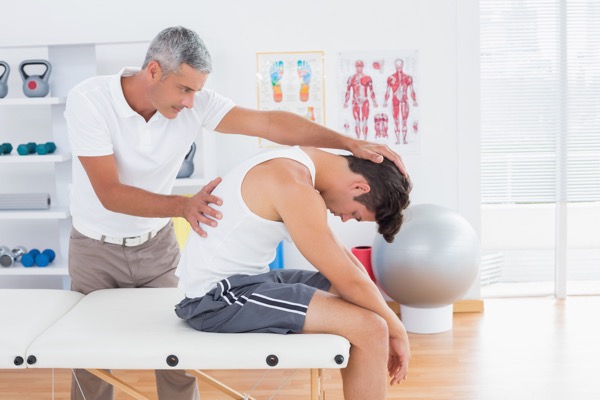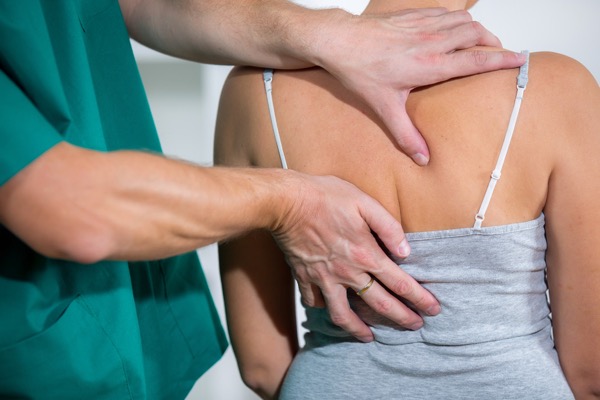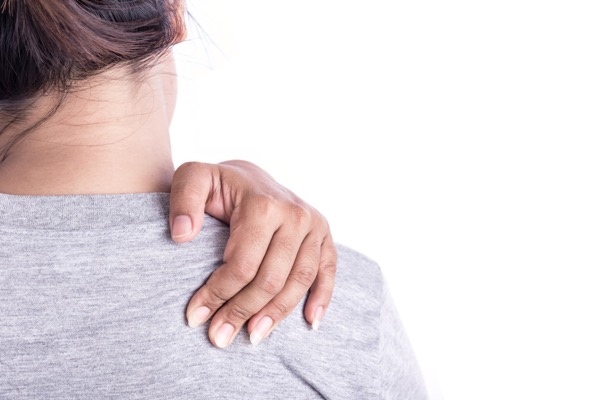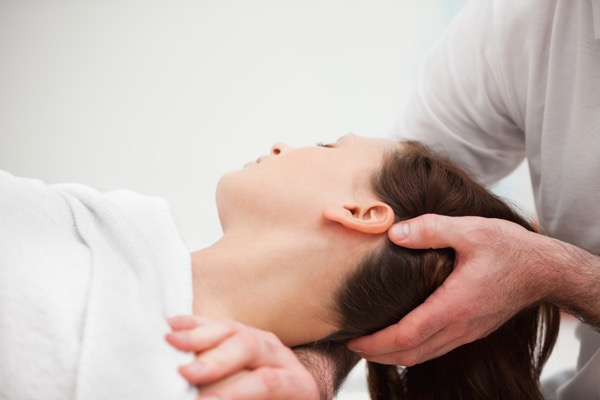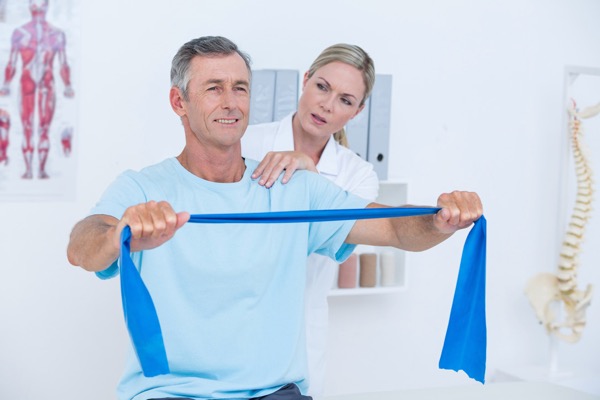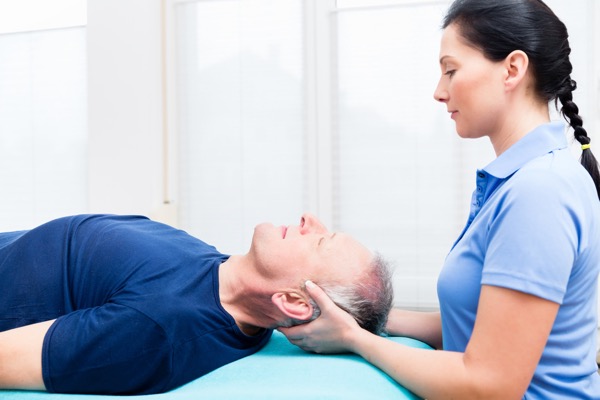Headache & Neck Pain
Pain in the head, neck, jaw, face, and eyes.
Most people will have headaches at some time in their lives. While common, headaches can be distressing and debilitating. The term headache covers any pain around the head, face or neck area. Headaches can be caused by a number of things including stress, poor posture, overuse of neck and shoulders muscles, eye strain, clenching your jaw, dehydration, and lack of sleep. All of these are manageable.
Accurate Diagnosis
An accurate diagnosis leads to fast and effective treatment! Our thorough knowledge of what causes a headaches will help determine what treatment is best. If further investigations are needed, we will organise these for you. Our treatment process of history taking, physical examination, orthopaedic testing, and finely tuned hands-on examination skills, are the core tools we use to assess your head and neck.
Headache or Migraine?
Tightening of the muscles of your scalp, neck, and jaw leads to the pain of a tension-type headache. The exact cause of migraine headaches is unclear, but affects the blood flow to the brain and surrounding areas. Altered blood flow produces a variety of possible symptoms including visual disturbances, headache, and severe tiredness. Tension headaches can be a trigger for some migraine sufferers, and if managed appropriately, treatment can reduce the recurrence and severity of migraines.
How we treat you.
Wouldn't it be great to get your headache under control? With an accurate diagnosis and good management this is possible. Osteopaths have finely tuned examination skills to detect which muscles are tight, which joints are not moving efficiently, and detect any other underlying issues. Whether you experience mild or extreme pain, the aim of treatment is to reduce pain, improve the quality of your neck and back, and avoid future episodes.
We will provide you, in plain language, an explanation of what is causing your headache. We will provide hands-on treatment to stretch and relax tight muscles. Techniques are used to reduce stiffness, relax muscles, and improve joint flexibility. We guide you through best practices to aid in recovery. This may take the form of correct ergonomics, helpful diet advice, or specific home-based rehabilitation programs. If you have concurrent issues, or related medical conditions, we work treatment safely into your medical management so that you get the best of both worlds.
